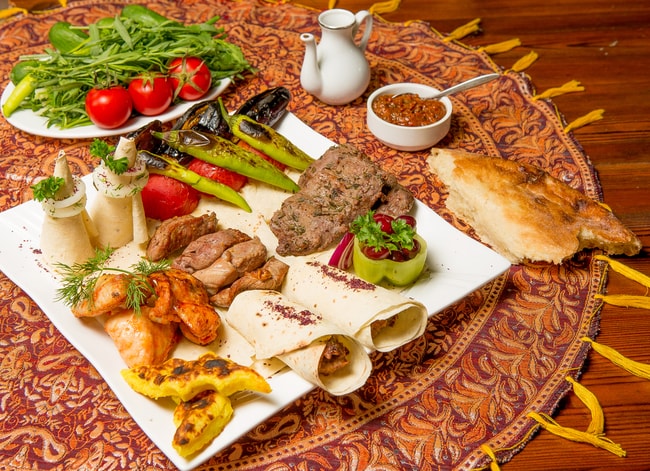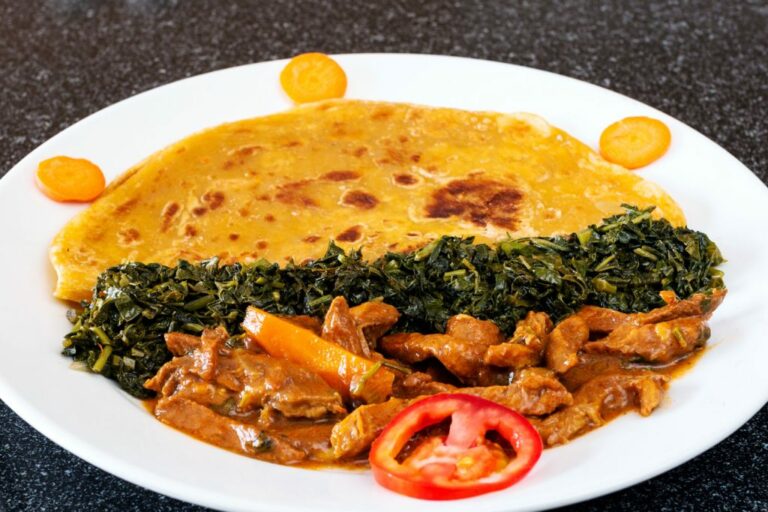Introduction: Iraqi Bedouin and Tribal Cuisines
Iraqi cuisine is full of flavor and variety, influenced by the diverse cultures and regions within the country. One aspect of Iraqi cuisine that often goes overlooked is the cuisine of the Bedouin and tribal communities. These groups have unique culinary traditions that have been passed down through generations, often relying on locally available ingredients and techniques that have been adapted to suit the harsh desert environment.
The Bedouin and Tribal Lifestyle
The Bedouin and tribal lifestyle is centered around nomadic or semi-nomadic living, with a strong connection to the land and nature. This lifestyle is reflected in their cuisine, which emphasizes the use of local ingredients and traditional cooking methods. Meals are often shared communally, with dishes served on large platters and eaten with the hands.
Traditional Iraqi Bedouin Dishes
Some traditional dishes of the Bedouin and tribal communities include lamb or goat cooked over an open flame, rice dishes flavored with fragrant spices like saffron and cardamom, and flatbreads like samoon and khobz. Dairy products like yogurt and labneh are also commonly used in these cuisines, as are vegetables like eggplant and okra.
Regional Differences in Iraqi Tribal Cuisines
There are many different tribal communities in Iraq, each with their own unique culinary traditions. For example, the Bedouin of the western deserts might rely heavily on camel meat and dates, while the tribes of the marshlands in the south might use fish and rice in their dishes. These regional differences add to the diversity of Iraqi cuisine as a whole.
Cultural Influences on Iraqi Bedouin and Tribal Cuisines
Iraqi Bedouin and tribal cuisines have been influenced by a variety of cultures over the years. For example, the spice trade brought new flavors and ingredients to the region, while the Islamic prohibition on pork has led to a reliance on lamb and goat in many dishes. The Persian and Ottoman empires also left their mark on Iraqi cuisine, with influences seen in dishes like qozi, a rice dish stuffed with lamb and topped with nuts and raisins.
Modern Adaptations of Iraqi Bedouin and Tribal Cuisines
In recent years, there has been a growing interest in traditional Iraqi cuisine, including the dishes of the Bedouin and tribal communities. Chefs and home cooks alike are experimenting with these traditional flavors and techniques, often putting their own modern spin on them. This has led to new and exciting dishes, while still honoring the rich culinary heritage of Iraq.


